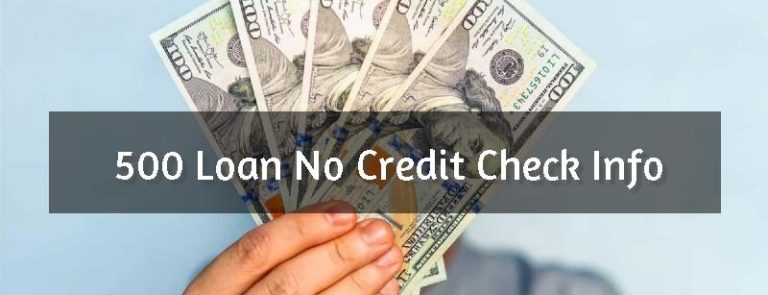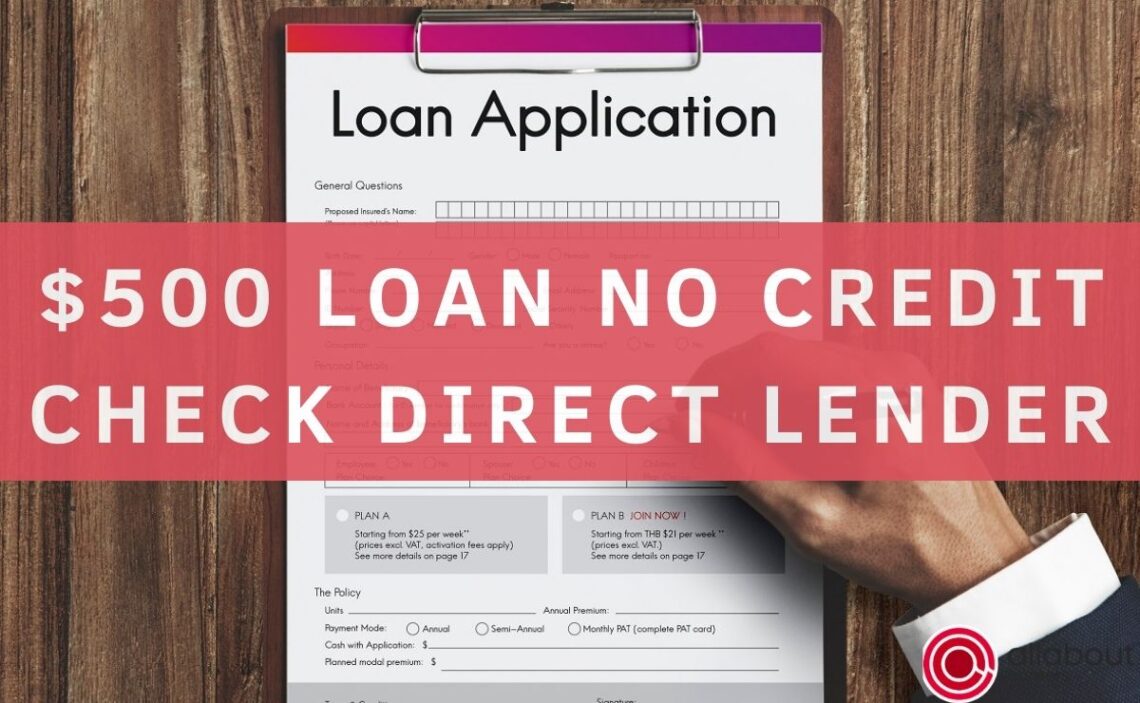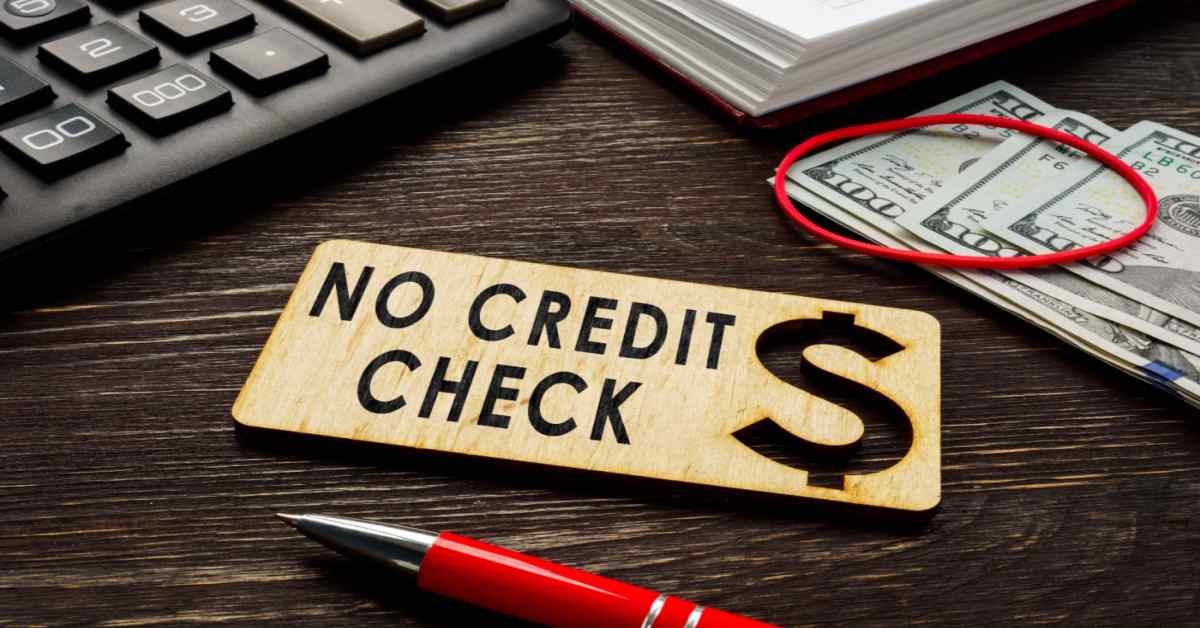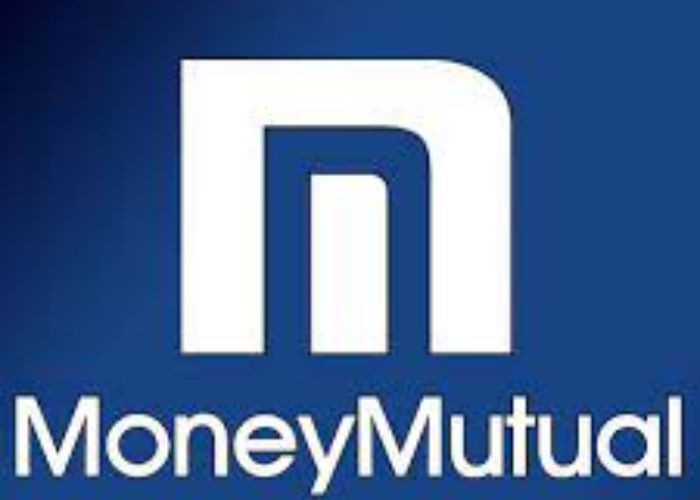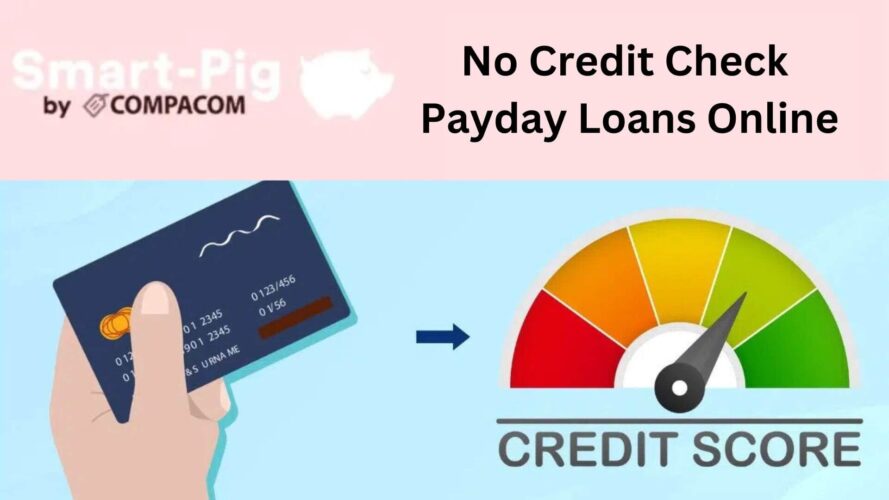500 Dollar Loan No Credit Check
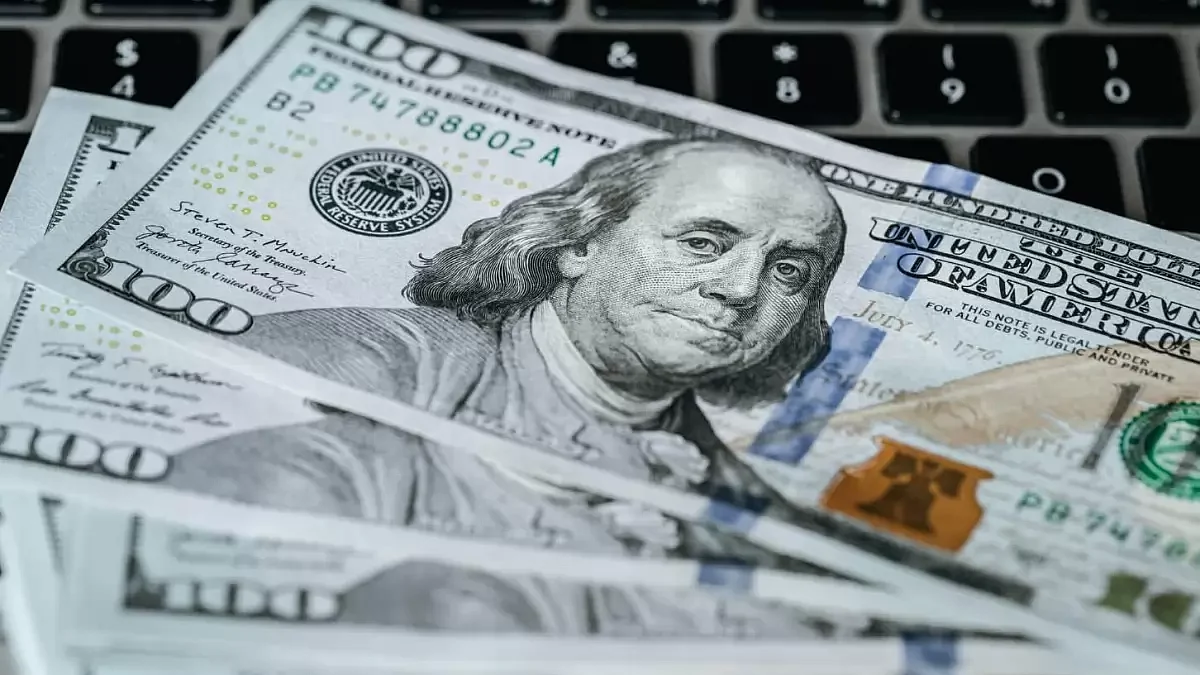
Urgent: Consumers are facing increased vulnerability as predatory lenders aggressively market "$500 loan no credit check" options online. These loans, often targeting individuals with poor credit, carry significant risks and hidden fees.
The proliferation of these high-risk financial products raises concerns about consumer protection and the potential for debt traps, especially in a challenging economic climate.
The Appeal and the Peril
The allure of a $500 loan with no credit check is undeniable, particularly for those facing unexpected expenses or financial emergencies. These loans promise quick access to cash without the scrutiny of traditional credit checks, making them attractive to individuals with limited or damaged credit histories.
However, this convenience comes at a steep price.
Predatory lenders often mask exorbitant interest rates and fees within complex loan agreements.
Hidden Costs and Debt Traps
The annual percentage rates (APRs) associated with these loans can soar to triple-digit figures, far exceeding those of conventional loans or credit cards. According to a report by the Consumer Financial Protection Bureau (CFPB), borrowers often find themselves trapped in a cycle of debt, struggling to repay the original loan amount plus accrued interest and penalties.
A $500 loan can quickly balloon into a much larger financial burden, pushing already vulnerable individuals further into hardship.
Furthermore, many of these lenders operate online with limited oversight, making it difficult for borrowers to seek recourse in case of disputes or unfair practices.
Who is Targeted?
These loans disproportionately target low-income individuals, minority communities, and those with limited financial literacy. According to data from the Center for Responsible Lending (CRL), these groups are more likely to be targeted with predatory lending practices, exacerbating existing economic inequalities.
The promise of quick cash often overshadows the long-term financial consequences, leading borrowers to make decisions they later regret.
The lack of credit checks, while seemingly beneficial, removes a crucial safeguard that would otherwise prevent individuals from taking on unaffordable debt.
Where are these Loans Offered?
The internet is the primary battleground for these lenders. A simple online search for "$500 loan no credit check" yields countless results, many leading to websites with deceptive marketing tactics and unclear terms.
These lenders often operate across state lines or even internationally, making it challenging for regulators to track their activities and enforce consumer protection laws.
The digital landscape allows them to reach a wide audience with minimal accountability.
The Regulatory Response
State and federal regulators are increasingly focused on combating predatory lending practices. The CFPB has taken enforcement actions against lenders engaging in unfair, deceptive, or abusive acts or practices.
Some states have implemented usury laws that cap interest rates on small loans, but many loopholes exist, allowing lenders to circumvent these regulations.
Consumer advocacy groups are also working to raise awareness about the risks associated with these loans and to provide resources for individuals facing debt problems.
What Can Consumers Do?
Consumers should exercise extreme caution when considering a $500 loan with no credit check. Before borrowing, it is crucial to thoroughly research the lender, read the loan agreement carefully, and understand all associated fees and interest rates.
Exploring alternative options, such as borrowing from family or friends, seeking assistance from local charities, or negotiating payment plans with creditors, can be a safer alternative.
Consulting with a financial advisor can provide personalized guidance and help individuals make informed financial decisions.
Looking Ahead
The fight against predatory lending is ongoing. Increased regulatory scrutiny, stronger consumer education, and the development of alternative financial products are crucial steps in protecting vulnerable individuals from debt traps.
The challenge lies in balancing the need for access to credit with the imperative to prevent exploitation.
Consumers facing difficulties with a "$500 loan no credit check" should contact the CFPB or their state's attorney general for assistance. Legal aid organizations can also provide free or low-cost legal advice.
